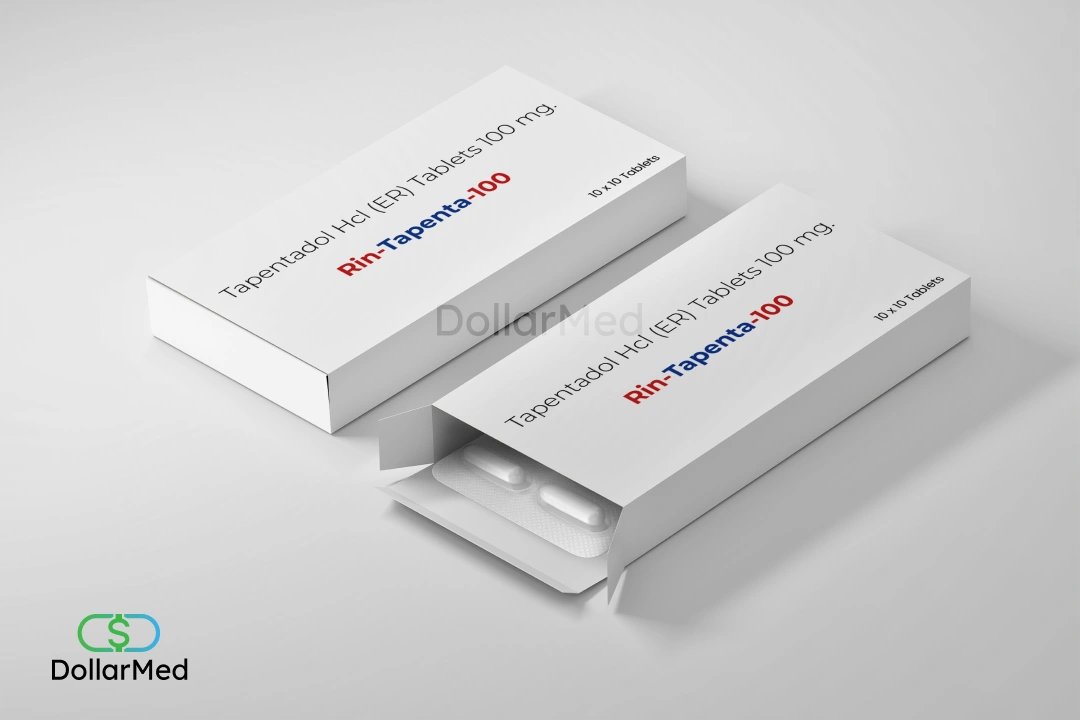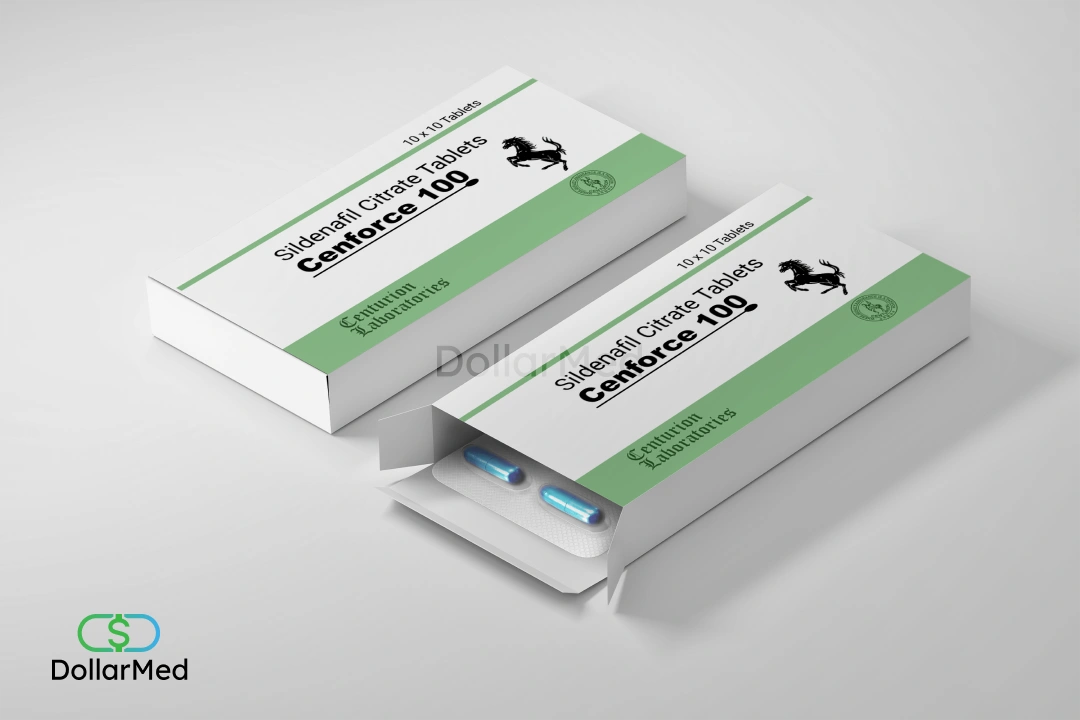




Hypertension (high blood pressure), Edema


15 tablets per strip

Torasemide

3.5 hours

Cipla Ltd
Torsemide works by blocking sodium and potassium channels in the kidneys’ lower part. This action stops extra fluid buildup, reducing swelling and inflammation.
It’s used to treat heart failure, swelling (edema), and other conditions where the body holds onto too much water.
Edema (fluid retention): A condition characterized by the accumulation of excess fluid in the body’s tissues, leading to swelling.
Hypertension (high blood pressure): A chronic condition in which the blood pressure in the arteries is persistently elevated.
For high blood pressure, Adults and the elderly typically take between 2.5 mg and 5 mg once daily.
For water retention (edema), Adults and the elderly usually take 5 mg once daily.
Your doctor may increase the dose to 20 mg daily if necessary.
.
Take it at the same time each day. Follow your prescription carefully.
Swallow the tablets whole; don’t cut, chew, or crush them.
For high blood pressure, Adults and the elderly typically take between 2.5 mg and 5 mg once daily.
For water retention (edema), Adults and the elderly usually take 5 mg once daily.
Your doctor may increase the dose to 20 mg daily if necessary.
.
Take it at the same time each day. Follow your prescription carefully.
Swallow the tablets whole; don’t cut, chew, or crush them.
If you forget to take a dose, take it as soon as you remember. If it’s almost time for your next dose, skip the missed one. Do not take two doses together to make up for the skipped one.
Taking more than the recommended dose of Dytor 20 mg can increase the risk of side effects and should be avoided.
Overdosing on Dytor 20 mg can result in serious effects like
Seek medical attention immediately if you experience symptoms of an overdose.
While using Dytor 20 mg, be mindful of potential side effects that may arise. These include:
If you experience any severe or persistent side effects or notice any changes in your health, consult your doctor immediately.
You should not consume Dytor 20 mg if you have or have had a history of:
Be aware that Dytor 20 mg may cause drowsiness. Avoid driving or operating machinery until you know how it affects you.
Dytor 20 mg may interact with other drugs, leading to side effects. Tell your doctor if you take any of the following:
Inform your healthcare provider about all medicines you take, including prescriptions, over-the-counter drugs, vitamins, or herbal supplements.
Avoid drinking alcohol. Alcohol can increase the risk of side effects
such as sleepiness and dizziness.
Drugs and Lactation Database (LactMed) [Internet]. Bethesda (MD): National Library of Medicine (US); 2006. Torsemide. [Updated 2020 Jan 20]. (online) https://www.ncbi.nlm.nih.gov/books/NBK501121/
Dytor 20, also known as Torasemide, is a medication primarily used to treat conditions such as edema (fluid retention) associated with congestive heart failure, kidney disease, liver cirrhosis, and hypertension (high blood pressure).
Dytor may be used cautiously in patients with kidney disease under the supervision of a healthcare provider. However, dosage adjustments may be necessary based on kidney function to prevent potential complications.
Dytor is usually taken in the morning with or without food. Taking it earlier in the day allows for increased urine production during waking hours, which can help prevent disturbances in sleep due to frequent urination at night.
Common side effects of Dytor 20 may include dizziness, headache, electrolyte imbalances (such as low potassium or magnesium levels), increased urination, dehydration, and changes in blood pressure.
It’s generally not recommended to take Dytor at night, especially if you’re concerned about frequent urination disrupting your sleep. Taking it earlier in the day can help minimize this effect and ensure that its diuretic effects occur during waking hours.






© 2023 – Dollarmed™